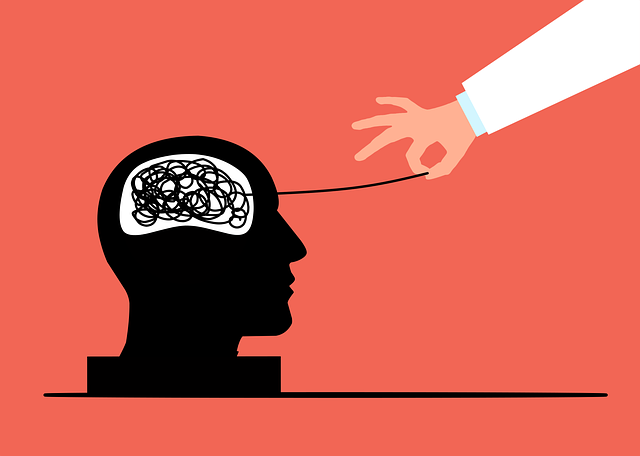It’s easy to believe that the way we see things is how they are. That the beliefs we hold, the standards we measure ourselves against, and the ways we judge success, happiness, and even morality are universally agreed upon. But what if they’re not? What if the way we think about life is not shaped by the whole world, but by a very small subset of people whose opinions and behaviors we’ve absorbed, often without realizing it?
From a young age, we take our cues from those around us—our family, community, culture, media, and the people we admire. These sources become our reference points for what is normal, acceptable, and valuable. Over time, we internalize these messages and mistake them for universal truths. We assume that everyone thinks this way, that everyone values these things, and that deviating from them means we are wrong, strange, or failing. But the reality is that we are often operating within a tiny echo chamber, believing that the voices we hear most often represent the entire world.
Why We Think This Way
Our brains are wired for patterns and familiarity. We are drawn to ideas, people, and environments that reinforce what we already know because it makes us feel safe. If a belief is repeated enough times within our environment, it feels like truth, even if it’s just a product of circumstance. This is why people from the same town, the same industry, or the same social circle can hold strikingly similar views, even on subjective matters like success, relationships, or identity.
Social media amplifies this effect. Algorithms ensure that we see content that aligns with what we already believe, making it even easier to assume that our perspective is the dominant or only one. We end up in self-contained worlds where certain behaviors, standards, and lifestyles appear to be the norm when, in reality, they are just the loudest in our immediate space.
The Implications of Mistaking a Subset for the Whole
When we take our cues from a small group but assume we are getting them from “everyone,” we limit our understanding of the world and of ourselves. We allow a narrow perspective to define what is possible, acceptable, or worthy. We judge ourselves and others harshly, believing there is only one correct way to live. We may even feel trapped—pursuing goals that don’t fulfill us, following rules that don’t resonate, and fearing that stepping outside of the script will make us outcasts.
This also creates unnecessary suffering. If we believe that everyone values a certain definition of success, we may feel like a failure for not achieving it, even if it was never meaningful to us in the first place. If we assume that everyone thinks a certain lifestyle is ideal, we may feel pressure to conform even when it makes us unhappy. We shrink ourselves to fit into a world that was never meant to define us so narrowly.
The Truth We Overlook
The world is much bigger than our personal experience of it. What feels like universal truth is often just cultural conditioning, groupthink, or the result of the small pockets of people we have been exposed to. There are countless perspectives, values, and ways of living that exist beyond what we have been taught. What is considered success in one culture may be irrelevant in another. What is frowned upon in one community may be celebrated elsewhere. The ideas we’ve absorbed are not necessarily “right” or “wrong”—they are just one version of reality.
This means that we have more freedom than we think. Just because a certain standard or belief dominates the space we are in does not mean it is the ultimate truth. Just because we have internalized certain expectations does not mean we are bound by them. We are allowed to step back, question, and redefine things for ourselves.
How to Change This Perspective
The first step is awareness. Recognizing that our views and standards are shaped by a small subset of the population helps us loosen our attachment to them. We can start to ask: Where did this belief come from? Is it really mine, or did I absorb it from my environment? Do I agree with it, or have I just never questioned it?
Expanding our exposure is also key. The more we engage with people outside of our usual circles—through travel, books, conversations, or different media—the more we realize that there is no singular way to be. We start to see that what we once believed to be universal is actually just one of many possibilities.
Most importantly, we must give ourselves permission to choose. We do not have to live by rules that do not serve us. We do not have to conform to values that do not align with who we truly are. The world is far too vast for us to keep living as if there is only one script. Our existence is meant to be defined by our own truths, not by the echoes of a small group of people who happen to be the loudest in our space.













